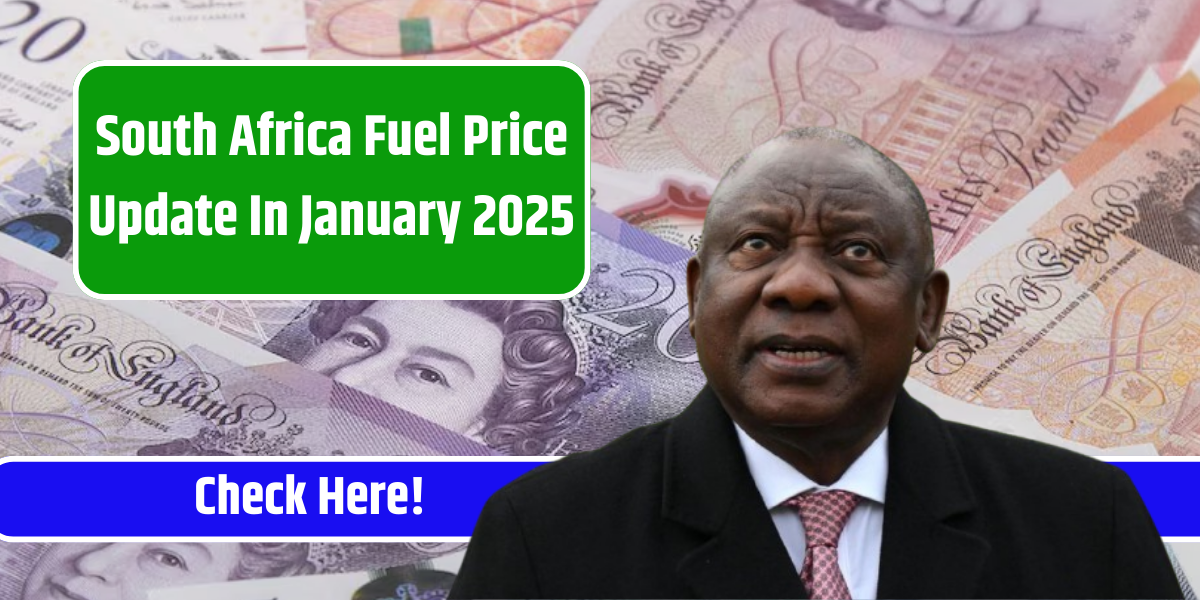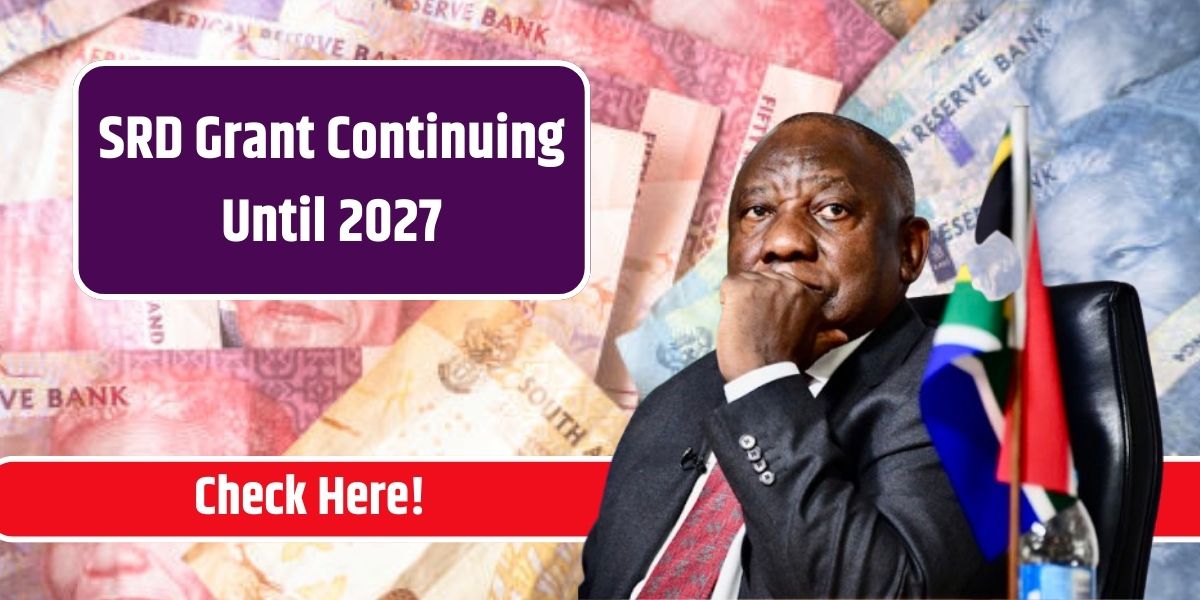As January 2025 approaches, South Africans are preparing for fuel price adjustments that could impact household budgets, business operations, and transportation costs. These monthly updates, managed by the Department of Energy (DoE), are influenced by global oil prices, exchange rate fluctuations, and domestic factors.
With the official announcement expected in early January, understanding how fuel prices are determined and their potential impact can help consumers and businesses plan accordingly.
South Africa’s Fuel Pricing Mechanism
South Africa follows a regulated fuel pricing model that ensures uniform pricing nationwide. This system incorporates both global and local factors to determine monthly price adjustments. The key components include:
- Crude Oil Prices – International oil prices form the foundation of fuel costs.
- Exchange Rate Fluctuations – The value of the rand against the US dollar directly affects import costs.
- Logistics and Distribution Costs – Transportation and distribution expenses add to the final price.
- Taxes and Levies – Charges such as the Fuel Levy and Road Accident Fund Levy, which are reviewed annually, contribute to the overall cost.
This transparent pricing model ensures consumers understand how fuel costs are calculated and adjusted.
Key Factors Influencing January 2025 Fuel Prices
Several factors are shaping the anticipated fuel price adjustments for January 2025:
1. Crude Oil Prices
Global oil prices remain volatile due to geopolitical tensions, OPEC production cuts, and fluctuating demand. Since South Africa imports most of its crude oil, any changes in global prices have a direct impact on local fuel costs.
2. Exchange Rate Volatility
The strength of the rand against the US dollar plays a crucial role in determining fuel prices. A weaker rand makes oil imports more expensive, while a stronger rand can help mitigate rising crude oil prices.
3. Seasonal Demand
During the northern hemisphere’s winter months, global demand for heating oil increases, influencing crude oil prices. While South Africa experiences summer in January, global price shifts still have an impact.
4. Local Infrastructure Challenges
Disruptions in local fuel infrastructure, such as pipeline issues or refinery inefficiencies, can drive up costs. While not a frequent occurrence, maintaining a stable fuel distribution network is essential for price stability.
Predicted Fuel Price Adjustments for January 2025
Based on recent market trends and currency movements, the following fuel price adjustments are expected:
| Fuel Type | December 2024 Price | Expected Increase | January 2025 Price |
|---|---|---|---|
| Petrol 95 Octane | R21.50/L | +R0.50 | R22.00/L |
| Petrol 93 Octane | R21.30/L | +R0.40 | R21.70/L |
| Diesel (0.05% Sulfur) | R20.00/L | +R0.60 | R20.60/L |
| Diesel (0.005% Sulfur) | R20.20/L | +R0.50 | R20.70/L |
| Illuminating Paraffin | R15.50/L | +R0.30 | R15.80/L |
Note: These estimates are subject to confirmation by the Department of Energy.
How to Prepare for Fuel Price Changes
1. Adopt Fuel-Efficient Driving Habits
- Avoid rapid acceleration and harsh braking.
- Maintain a steady speed to improve fuel efficiency.
- Keep tires properly inflated and vehicles regularly serviced.
2. Explore Alternative Transport
- Use public transportation or carpooling to reduce fuel expenses.
- For short distances, consider walking or cycling to save on fuel costs.
3. Budget for Fuel Costs
- Monitor price trends and adjust your monthly budget accordingly.
- Refuel strategically before anticipated price hikes.
4. Stay Informed
- Follow official announcements from the Department of Energy to stay updated on fuel price changes.
- Use fuel price tracking apps to plan refueling schedules.
With fuel prices set to increase in January 2025, understanding the driving factors and preparing in advance can help South Africans manage the financial impact.
By making small adjustments to transportation habits and budgeting wisely, individuals and businesses can better navigate the challenges of rising fuel costs.
Why do fuel prices change every month in South Africa?
Fuel prices are adjusted monthly based on global oil prices, exchange rate fluctuations, and domestic costs such as taxes and transportation expenses.
How does the exchange rate affect fuel prices?
Since South Africa imports crude oil, a weaker rand increases the cost of buying oil in US dollars, leading to higher fuel prices.
What can I do to reduce my fuel expenses?
Adopt fuel-efficient driving habits, use public transport, carpool, and monitor fuel price trends to refuel strategically.
When will the January 2025 fuel prices be confirmed?
The Department of Energy is expected to announce the official prices in early January 2025.










